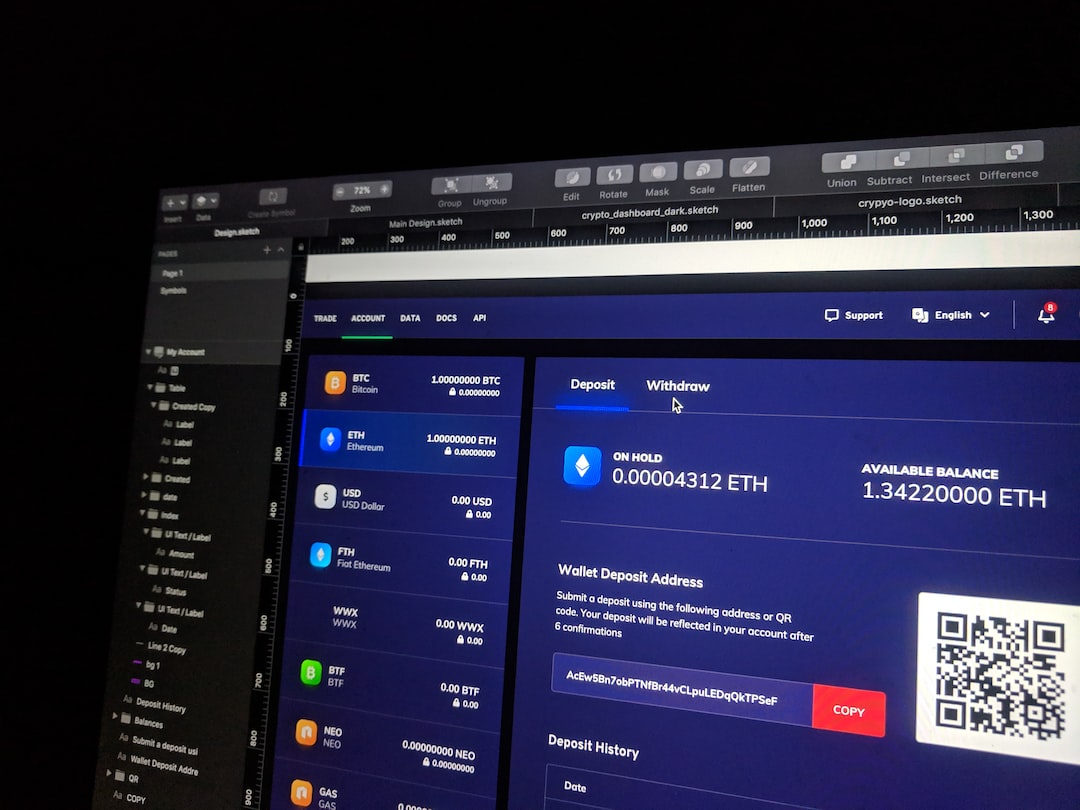SEC Chair Considers Bitcoin ETF Applications in Light of Recent Court Rulings
According to Securities and Exchange Commission (SEC) Chair Gary Gensler, the agency is taking a fresh look at applications for a spot bitcoin exchange-traded fund (ETF) in light of recent court rulings. The SEC has previously denied such applications, but a panel of judges ordered the regulator to reconsider a failed bid from Grayscale Investments, potentially shifting the balance. The agency is now reviewing over a dozen applications from major asset managers like BlackRock and Fidelity.
In August, the U.S. Court of Appeals for the D.C. Circuit ruled that the SEC must re-review Grayscale’s bid for a spot bitcoin ETF after the asset management firm sued the agency. The court addressed the SEC’s differential treatment between spot bitcoin ETFs and futures-based funds, which the regulator has approved.
Crypto Industry Still Faces Compliance Issues and Fraud, Says Gensler
Gensler reiterated his belief that the crypto industry struggles with compliance issues and fraud. He stated that there has been too much fraud and bad actors in the field, highlighting noncompliance with securities laws, anti-money laundering regulations, and public protection against malicious individuals.
The focus on anti-money laundering measures has intensified following calls from Congress and recommendations from the Treasury Department. Last month, Treasury requested more authority and sanctions tools to combat illicit activities within the crypto industry.
Hot Take: SEC Takes Another Look at Bitcoin ETFs Amidst Legal Pressure
SEC Chair Gary Gensler’s announcement that the agency is reconsidering applications for a spot bitcoin ETF demonstrates a potential shift in regulatory stance. Recent court rulings have forced the SEC to re-review Grayscale’s bid for a spot bitcoin ETF, prompting further examination of similar applications from major asset managers. However, Gensler remains concerned about fraud and noncompliance within the crypto industry, emphasizing the need for adherence to securities laws and anti-money laundering regulations. The industry’s compliance with these regulations has become a focal point for Congress and the Treasury Department, signaling increased scrutiny and potential regulatory action.





 By
By
 By
By
 By
By
 By
By
 By
By